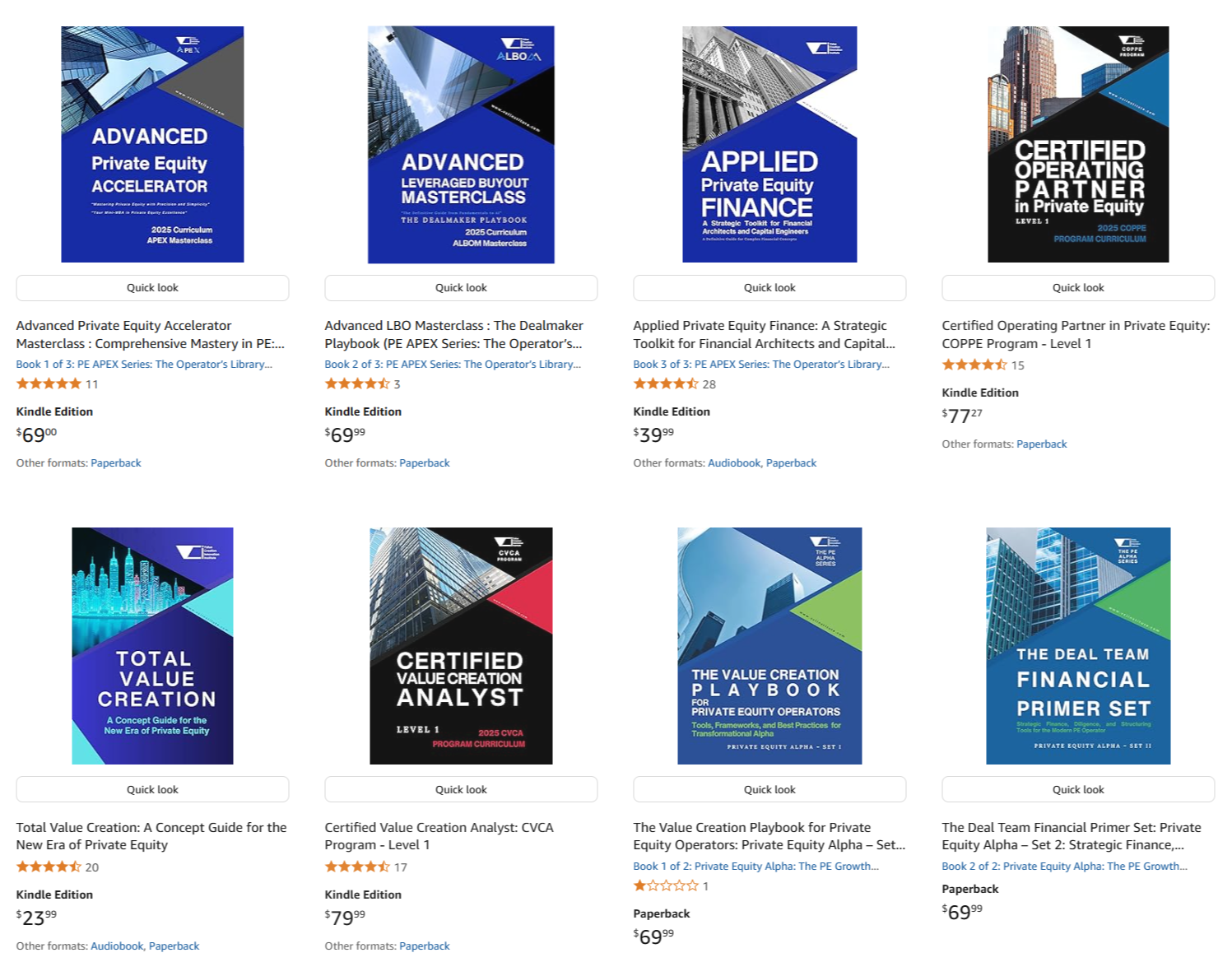Recession Playbooks for PE Firms: Defense, Offense, or Both?
Jun 13, 2025
As economic volatility continues to shape the global landscape, private equity (PE) firms are refining their strategies for navigating downturns. The events of 2008, 2020, and now 2025 each brought different types of recessions: financial, pandemic-induced, and inflation-driven, forcing general partners (GPs) to evolve from reactive dealmakers into proactive strategists. In this new context, the question arises: should PE firms adopt defensive tactics, go on the offensive, or do both simultaneously?
In 2008, the Global Financial Crisis led to a severe liquidity crunch, plunging valuations, and frozen credit markets. According to Bain & Company’s 2023 Global Private Equity Report, firms that survived the crash had several things in common: strong portfolio triage processes, conservative leverage ratios, and a willingness to renegotiate capital structures. Defensive moves such as covenant renegotiation and cost-cutting were essential to stabilize companies during this phase.
Fast forward to 2020, and a new kind of recession emerged—demand shocks stemming from a global health crisis. The pandemic forced GPs to build more operational agility. While the response again included defensive steps like cost containment, it also showcased offensive thinking. Firms accelerated digital transformation, invested in scalable platforms, and made bolt-on acquisitions to solidify market position. Bain’s report notes that bolt-ons accounted for more than 70% of all PE deals by count in 2021–2022, highlighting their central role as an “offensive” tool in recessionary conditions.
Today, firms are contending with persistent inflation, high and stagnant interest rates, and trends toward deglobalization. These are not temporary disruptions; they represent structural changes in the global economy. According to McKinsey’s 2024 Private Markets Review, GPs are increasingly deploying recession-resilient strategies, balancing both defence and offence depending on portfolio segment, sector exposure, and capital constraints.
On the defensive side, firms are sharpening their exit timing and re-underwriting existing holdings under more conservative growth assumptions. Exit volumes dropped nearly 30% from 2021 peaks, per Preqin data, due to valuation mismatches and stronger debt markets. At the same time, sponsors are enhancing value through operational improvements and working capital optimization, particularly in industrial sectors encountering margin pressure.
On the offensive side, GPs are selectively acquiring distressed assets or platform companies that can be scaled post-recovery. BCG’s 2024 report on Private Equity and Value Creation highlights the rise of “anti-fragile” investment theses, which focus on supply chain resilience, localized production, and the digitization of legacy industries. These investments aim to survive downturns and emerge stronger when macroeconomic conditions improve.
A comparison of GP behaviour across 2008, 2020, and 2025 underscores one trivial insight: preparedness and agility outperform raw aggression. In 2008, defensive actions such as balance sheet repair were paramount. In 2020, firms balanced triage with tech-enabled offense. In 2025,
the winning playbook appears hybrid, deploying capital where it counts while simultaneously insulating portfolios from downside risk.
Notably, PE firms with diversified dry powder reserves and strong limited partner (LP) backing have more flexibility. As Preqin’s 2024 forecast suggests, LPs are rewarding GPs with a demonstrated ability to perform across market cycles, not just during bull runs, putting pressure on GPs to codify recession playbooks not just as ad hoc responses but as long-term strategic frameworks.
The idea of choosing between offence and defence is increasingly obsolete in private equity. Leading GPs are doing both, building downside protection while pursuing scalable growth. In a world where recessions are recurring and asymmetric, this duality is a necessity. Whether by enhancing operational depth, bolstering robust supply chains, or adapting to exit windows, PE firms must remain agile, measured, and forward-looking.
As we reflect on 2008, 2020, and 2025, one thing is clear: recessions shape private equity. The firms that endure aren’t the ones that play defence or offence best but are the ones that know when and how to do both.
Sources:
Bain & Comapny. (2023). 2023 Global Private Equity Report.
https://www.bain.com/globalassets/about/2023-global-pe-report---roadshow-deck.pdf
Dahlqvist, F., Quigley, D., Green, A., Sanghvi, A., Maia, P., Schneider, R., Mangan, C., Spivey,
J., Nee, A., & Vickery, B. (2024, March). Private markets: A slower era. Private markets: A slower era McKinsey Global Private Markets Review 2024. https://www.mckinsey.com/~/media/mckinsey/industries/private%20equity%20and%20principal%20investors/our%20insights/mckinseys%20private%20markets%20annual%20review/2024/mckinsey-global-private-markets-review-2024.pdf
Edlich, A., Croke, C., Dahlqvist, F., & Teichner, W. (2025). Braced for shifting weather.
global-private-markets-report-2025-braced-for-shifting-weather.pdf. https://www.mckinsey.com/~/media/mckinsey/industries/private%20equity%20and%20principal%20investors/our%20insights/mckinseys%20global%20private%20markets%20report/2025/global-private-markets-report-2025-braced-for-shifting-weather.pdf
Entraygues, B., Romagnoli, A., & Morley, B. (2024, October). Sustainability in private equity,
2024. https://web-assets.bcg.com/8f/95/b5c45ca343d69d5a51dc60af0272/sustainability-in-private-equity-2024-oct-2024.pdf
PREQIN. (2025). Private Capital Performance - Data Guide. Private Capital Performance Data
Guide. https://docs.preqin.com/pro/Private-Capital-Performance-Guide.pdf
Smith, G. (2024, March 11). FirstFT: Slowdown in dealmaking leaves private equity with record
unsold assets. Subscribe to read. https://www.ft.com/content/a8b99b1c-3eb6-45a6-a6d9-ee35d4b43d80
We have many great affordable courses waiting for you!
Stay connected with news and updates!
Join our mailing list to receive the latest news and updates from our team.
Don't worry, your information will not be shared.
We hate SPAM. We will never sell your information, for any reason.


